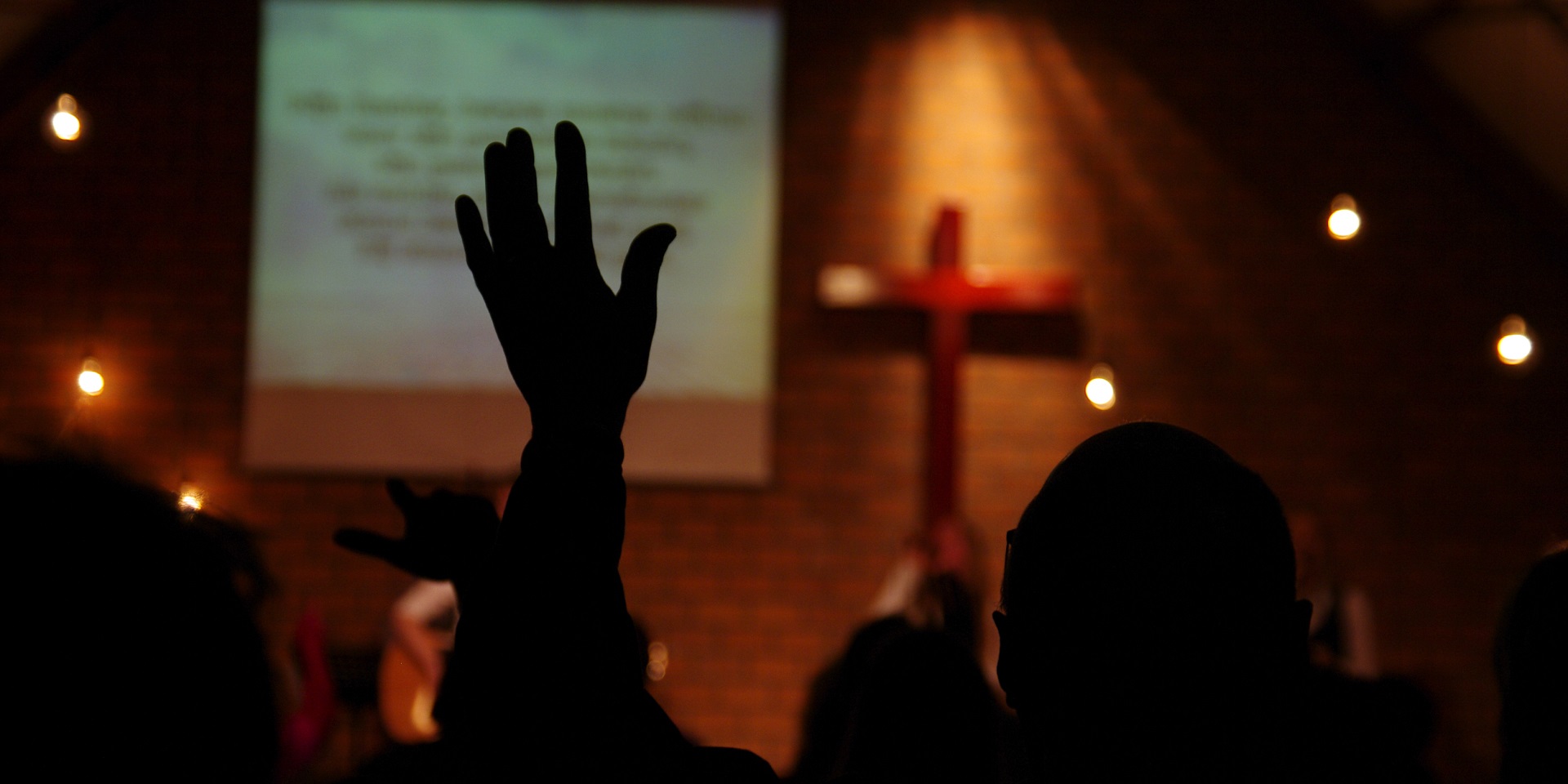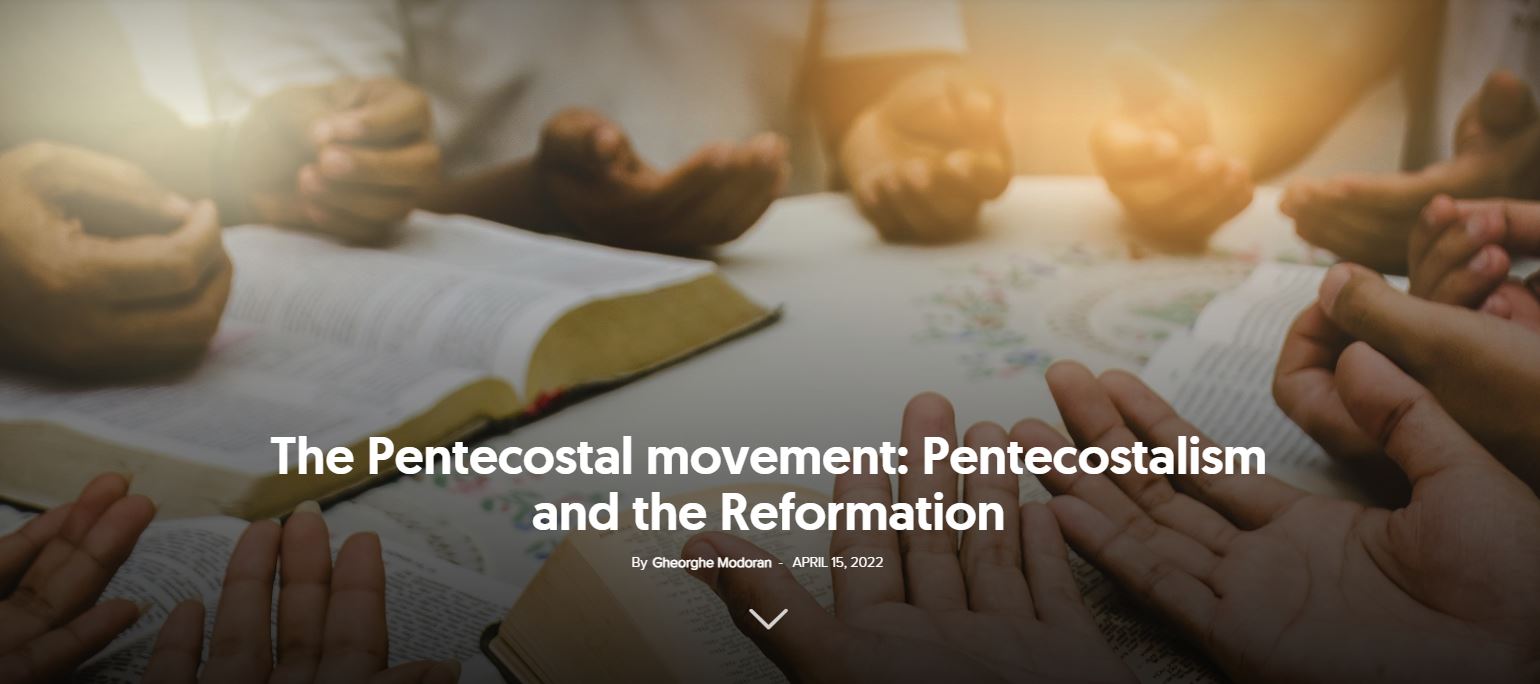“The newest religious sect has started in Los Angeles. Meetings are held in a tumble-down shack on Azusa Street…and the devotees of the weird doctrine…work themselves into a state of mad excitement…They claim to have the ‘gift of tongues’ and to be able to understand the babel.”[1]
This “new religious sect” led by William J. Seymour gave birth to the Pentecostal phenomenon,[2] which today has around 500 million followers and which includes almost 11,000 Christian denominations, including classical Pentecostalism (since 1901), the charismatic movement (after 1960), and the third wave of charismatic revival (starting with 1980).
William Seymour owed some of his concepts to the American preacher Charles Fox Parham, who as early as 1890 had begun to preach the necessity of the “baptism with the Holy Spirit and fire.” In Parham’s school in Topeka, Kansas, William Seymour (1870-1922) accepted glossolalia[3] as “proof” of the baptism with the Holy Spirit, a central emphasis in the Pentecostal movement even until today. On April 12, 1906, Seymour experienced speaking in tongues, and by September, following meetings at 312 Azusa Street, it was reported that about 13,000 people had received this new “gospel.”
Topeka and Azusa, however, represented only the beginning of the Pentecostal movement which, in a few years, expanded throughout the world. Although for almost 60 years the Pentecostal phenomenon remained outside of respectable Christianity, things gradually changed and the Pentecostal movement began to knock on the doors of traditional churches.
At the Protestant gate
In 1960, Dennis Bennett (1917-1991), leader of St. Mark’s Episcopal Church in Van Nuys, California, claimed that he was baptised in the Holy Spirit, an experience that would change his entire life. Moreover, the major Christian churches were to be mysteriously influenced by this event.
In the following months, almost 70 people from St. Mark’s church re-enacted Bennett’s experience. They tried to keep their experience a secret, but failed. Bennett had to explain everything to the church members. During the presentation, the church’s treasurer called on Bennett to resign, while another member said that such displays could not be tolerated in a respectable church.[4] Two days later, Bennett resigned, but Time Magazine and Newsweek had already made his case public.
Bennett was called to serve as vicar in Seattle. After twelve months, 85 of the members of the St. Luke Episcopal Church had received the “baptism in the Holy Spirit”, and in a few years the audience of the church multiplied tenfold. After this experience, Bennett’s fame spread, and he became a popular speaker within and outside the Episcopal Church. In 1960, Time magazine declared that “glossolalia seems to be on its way back in U.S. churches.”
An example was the Lutheran Church. In 1972, in a report requested by the Lutheran Synod held in Missouri, it was stated: “Christians will therefore continue to seek power and renewal for the church in the Word and sacraments, not in special signs and miracles.” But in 1974, another report, The Charismatic Movement: A Pastoral Perspective, stated: “There is no cause for Lutheran pastors or people to suggest either explicitly or implicitly that one cannot be charismatic and remain a Lutheran in good standing.”
All roads lead to Rome: Charismatic Catholicism
Theology professors Ralph Kiefer and Bill Storey of Duquesne University in Pittsburgh received the “baptism in the Holy Spirit,” and Kiefer immediately spoke in tongues. The two organised the “Duquesne Weekend,” a prayer convention in which 30 students participated and received the Pentecostal baptism. What happened at Duquesne spread throughout the country by 1970. The extraordinary increase in the number of charismatic Catholics led to the organisation of numerous international conferences. The one held in Rome, in 1975, attracted over 10,000 pilgrims from 50 countries. Within it, Pope Paul VI expressed his appreciation for the charismatic movement.[5] There are currently over 120 million charismatic Catholics, almost twice the number of traditional Pentecostals.
The movement of the Holy Spirit?
Pentecostalism, which entered the ranks of traditional churches in the form of the charismatic movement, had a series of important effects on these churches: from the invigoration of the worship style and their numerical increase to the openness to other confessions, within the ecumenical movement. These effects, although generally perceived as positive, distract attention from the essence. If the concern for holiness is marginalised by the ecstatic experience of speaking in tongues, the “Spirit of truth” (John 14:17) remains without the content of truth. Thus, the freedom of truth is transformed into the slavery of the senses.
Many times, at charismatic meetings, the atmosphere is conducive to the induction of or abandonment into the arms of external forces. The Bible, however, says that there are several spirits competing for the human being, and Revelation 14:10 states that these spirits aim at an ecumenical goal, through various “signs”: to gather together all those who loved the ecstatic experience more than the truth in a delusion of universal proportions (2 Thessalonians 2:10).
Adrian Neagu is the editorial director of Life and Health Publishing House Romania and holds a PhD in History.




















